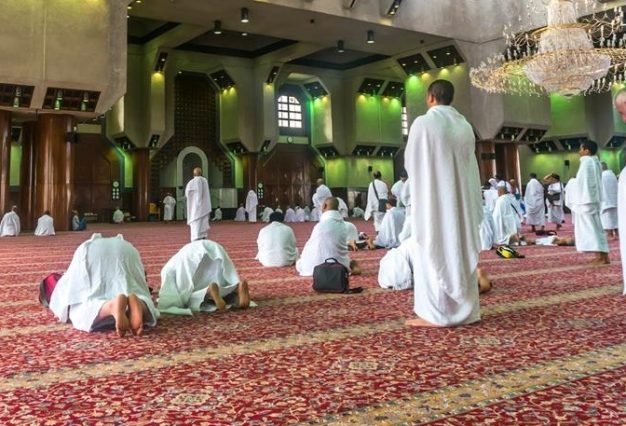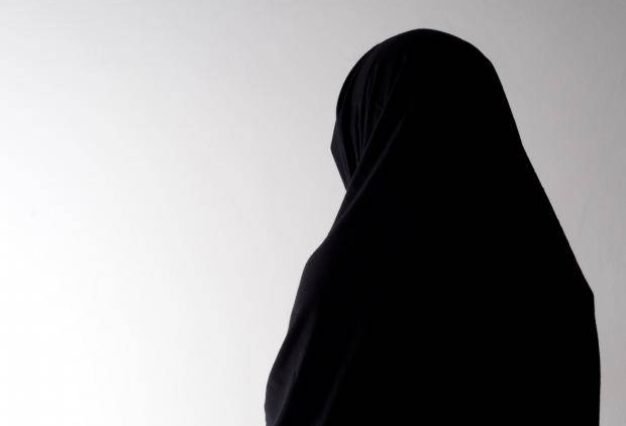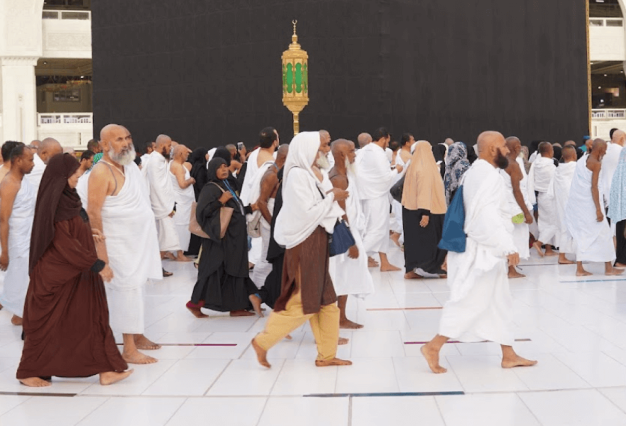Answered by Shaykh Yūsuf Badāt
Question:
Is it acceptable to perform multiple ʿUmrahs in the same trip while staying in Makkah?
Answer:
In the Name of Allāh, Most Kind, Most Compassionate
Jazāk Allāh Khayr/ Thank you for your question.
Majority classical scholars and jurists are of the view that it is allowed to perform multiple ʿUmrahs during the same trip, especially if one has come from a foreign land and one is unsure of visiting again in the near future. This is the predominant view in the Ḥanafī, Shāfʿīe, Mālikī schools. This is also one of the positions of the Ḥanbalī school. (See ‘Umdat Al-Qārī, Fatāwā Hindīyyah, Al-Majmūʾ Li-Al-Nawawī, Al-Mughnī)
“Continuously perform Ḥajj and ʿUmrah!” (Musnad Aḥmad, Tirmidhī, Ibn Khuzaymah)
“One ʿUmrah to another is a means of redemption [and forgiveness].” (Bukhārī)
When ʿĀʾyesha (may Allāh be pleased with her) intended to conduct another ʿUmrah [in the same journey], the Prophet (peace and blessings upon him) said to her brother ʿAbd Al-Raḥmān, “Exit the sanctuary boundary (the ḥaram) with your sister and let her intend ʿUmrah.” (Bukhārī)
It is reported that ʿAlī bin Abī Ṭālib (may Allāh be pleased with him) performed ʿUmrah every month. (Bayhaqī, Al-Tamhīd, Musnad Al-Shāfʿīe, Muṣannaf Ibn Abī Shaybah, Ibn ʿAbd Al-Barr)
Ibn ʿOmar (may Allāh be pleased with him) performed 1000 Umrahs and 60 Ḥajj in his life time. (Mawāhib Al-Jalīl, Bayhaqī)
There is also a report that ʿAlī and Ibn ʿOmar (may Allāh be pleased with him) performed one ʿUmrah every day when at Makkah. (Bayhaqī)
“The sunnah (prophetic practice) is attained by performing the first ʿUmrah on a trip. Any additional ʿUmrahs would be considered nafl (optional).” (Al-Fawākih Al-Dawānī)
Some individual jurists have a view that it would be better to conduct optional ṭawāfs rather than multiple ʿUmrahs in the same trip. (Ṭāʾūs)
Some Islamic scholars state one should not perform more than one ʿUmrah a year.
It is worthy to note that when one is in Makkah and intends to do another ʿUmrah, one should go to any nearby miqāt (sacred boundary) or in the least outside the ḥaram boundary (the ḥil) to make intention and return to perform the ʿUmrah. Masjid ʿĀʾyesha in Tanʿīm is the closest point, outside the ḥaram boundary.
And Allāh Knows Best




